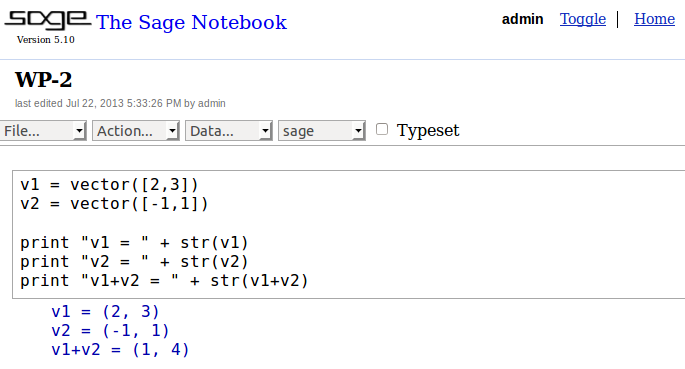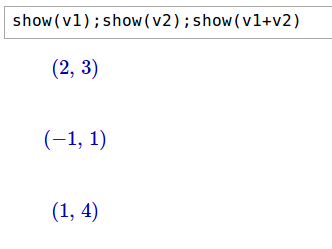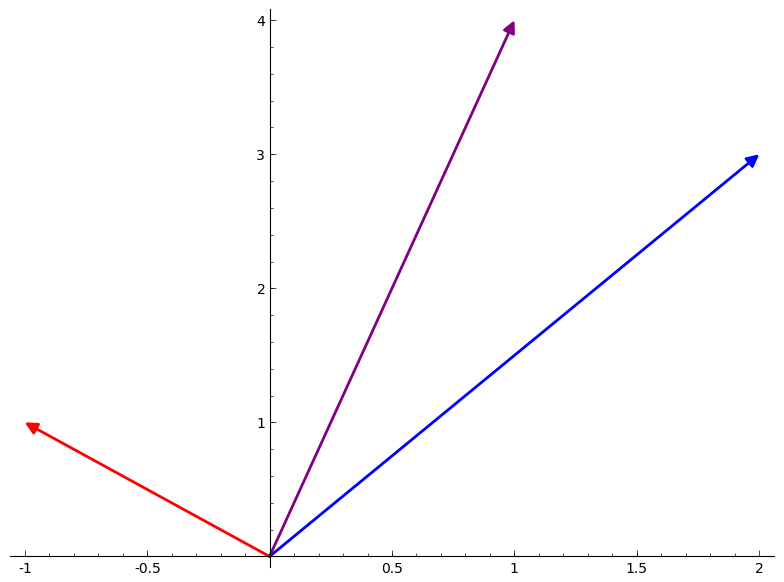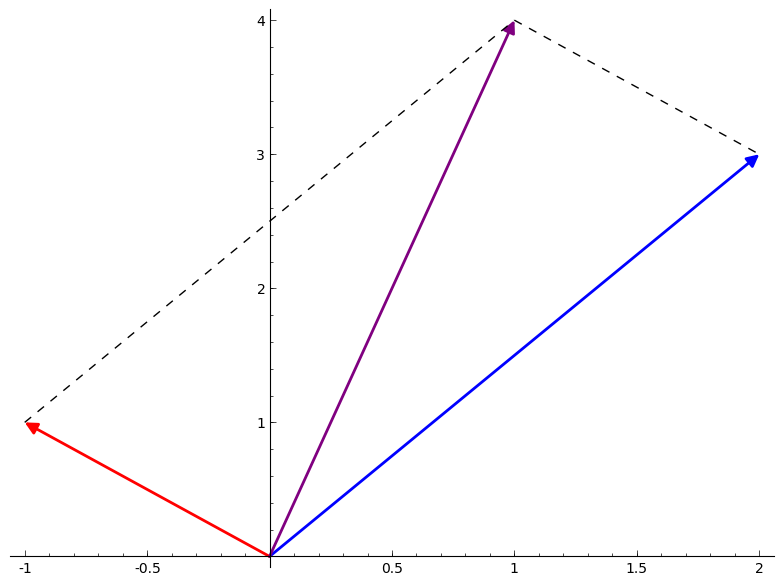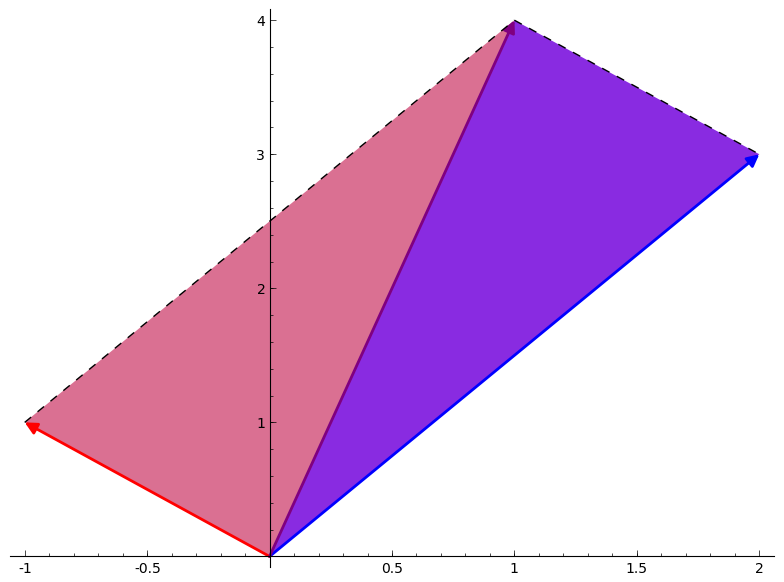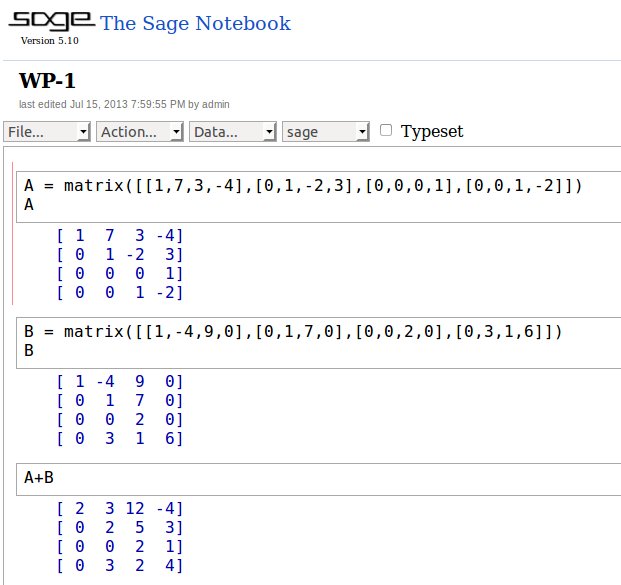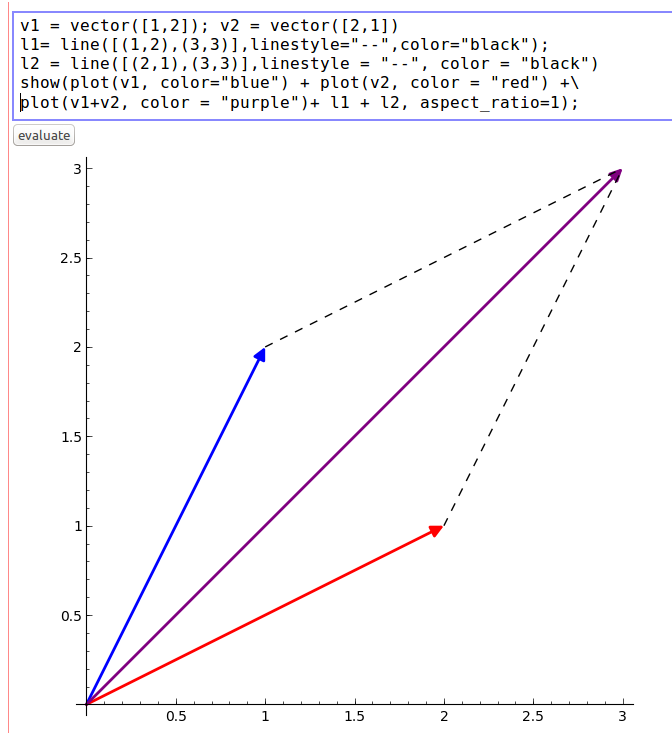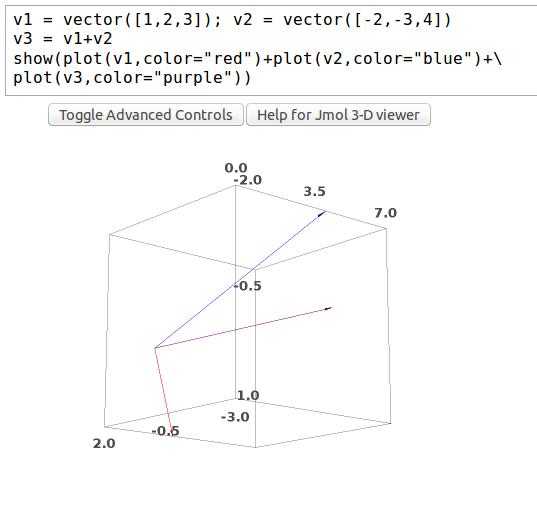Yesterday, I read a book called Moonwalking with Einstein, by Josh Foer. It’s a short tale about a journalist’s progression from being an absolute beginner at memory sport to winning the U.S. championships within a year. I’d first heard of Foer a couple years ago after reading an article about him in the NYTimes (the article is very similar to what happens in the book, so if you’re interested I recommend that you read it). I subsequently heard about his book a year later, and I finally got around to reading it last weekend. This is the first time I’ve ever read a book of this length (326 pages) in a day – I’ve been working on my reading speed over the past year and I think getting through this book has shown that practice has paid off (I still read a lot slower than some of my friends, who are super fast).
The sport of memory consists of a bunch of tournaments where contestants undergo a series of competitions – memorizing lines of poetry, faces, decks of cards etc. The current world record for memorizing an entire deck of cards is 21 seconds….However, despite these seemingly inhuman feats, the competitors claim that the ability to memorize such things is within the grasp of the average person, and with enough practice it shouldn’t be too difficult to say, memorize a deck of cards within a minute. The book begins with Josh’s visit to the World Memory Championships as a spectator, where he interviews a few of the contestants for one of his assignments. During the interview, two of the competitors reckon that they can train Josh to win the United States championship – considered uncompetitive by international standards – with about an hour a day of practice. In addition to covering Josh’s preparation for the U.S. Championships, the book also has some interesting information about the role of memory in both ancient and modern education, along with its decline in recent centuries due to the proliferation of print media and the widespread availability of electronic storage.
Back in the day before the printing press was invented, scholars would have to travel great distances to get their hands on written texts, and when they actually had access to them, it often wasn’t for a very long time. Thus, early scholars had to rely on memory as their primary means of storing and retrieving factual knowledge. They would often memorize entire books during their stay at a library because when they got home, the only way to re-reference these texts was through mental recall (in fact, being able to recall the entire Aeneid was an unremarkable feat). However, the arrival of the printing press dramatically reduced the cost of storing and accessing information, and from then on the importance of memory declined.
Today, almost everyone in the developed world owns a mobile phone, and with it we have lost the need to remember phone numbers, dates, emails, and pretty much whatever factual information we can find through a quick search of Google or Wikipedia. Furthermore the emphasis on memory has declined in western education systems as educators have dismissed monotonous “drilling” as a mindless exercise, focusing more on relationships between concepts, or symbolic interaction amongst abstract ideas. My opinion is that the system has deemphasized memory to such an extreme that students no longer have the factual foundation from which to draw meaningful conclusions about their everyday lives and the society around them. It can definitely be harmful if rote learning is the only thing that a student learns, so while I am supportive of higher-level reasoning, I believe it must be built upon a solid foundation of factual knowledge.
You can make some pretty wacky arguments that are valid, but in our everyday world mean nonsense, for instance:
The Moon is made of blue cheese
Anything that is made out of blue cheese can recite the poetry of Homer
Therefore, the Moon can recite the poetry of Homer
The argument above is considered valid – assuming that the two propositions are true, the conclusion logically follows. However, despite this argument’s validity it doesn’t make any sense. The Moon isn’t actually made out of blue cheese and it can’t actually recite the poetry of Homer. Now consider the words we use in every day conversation. The words we use to form our own thoughts and to communicate with each other must simply be memorized if we are to accomplish these things with reasonable efficiency. We use words, along with facts, to form associations with what we know and to guide our thoughts and emotions. The fact that a sixth of Poland’s population died during World War 2 may seem meaningless if it’s some answer choice on a multiple-choice test, but when you come across this figure while reading a text on the subject, it makes you think. That’s a lot. That’s atrocious. It would be good if something like that didn’t happen ever again. It makes me feel sad that this occured. To assume that factual and conceptual learning are independent is naive, when in reality the two are closely entwined. Facts are important. They make us think and they make us feel – they are the foundation upon which we solve the world’s problems by way of logic.
